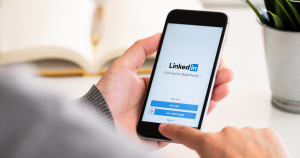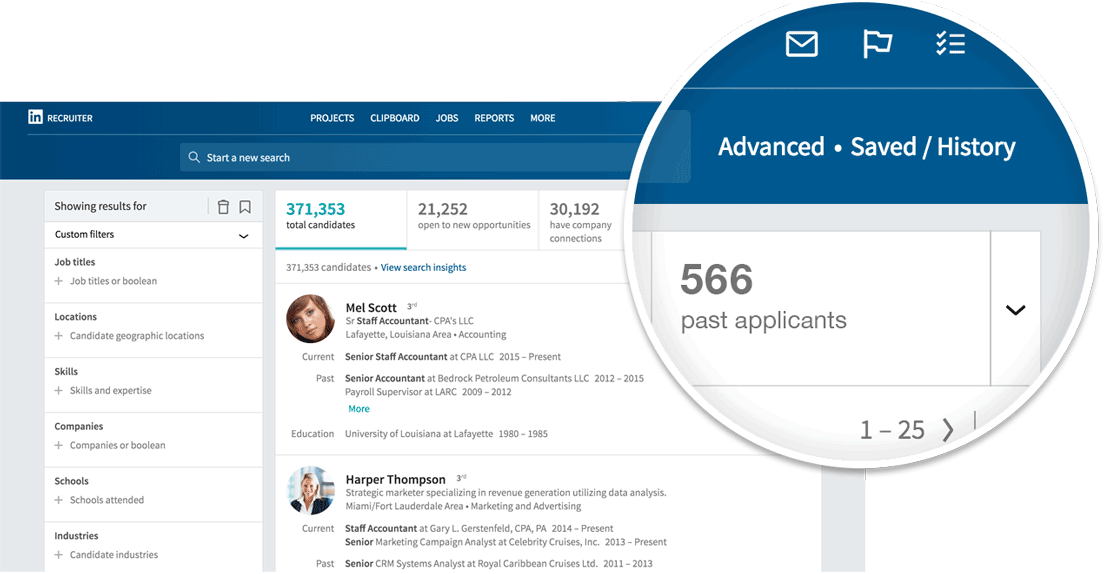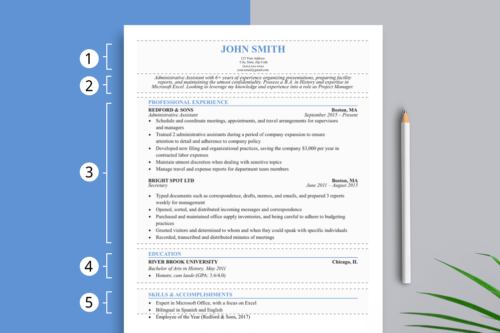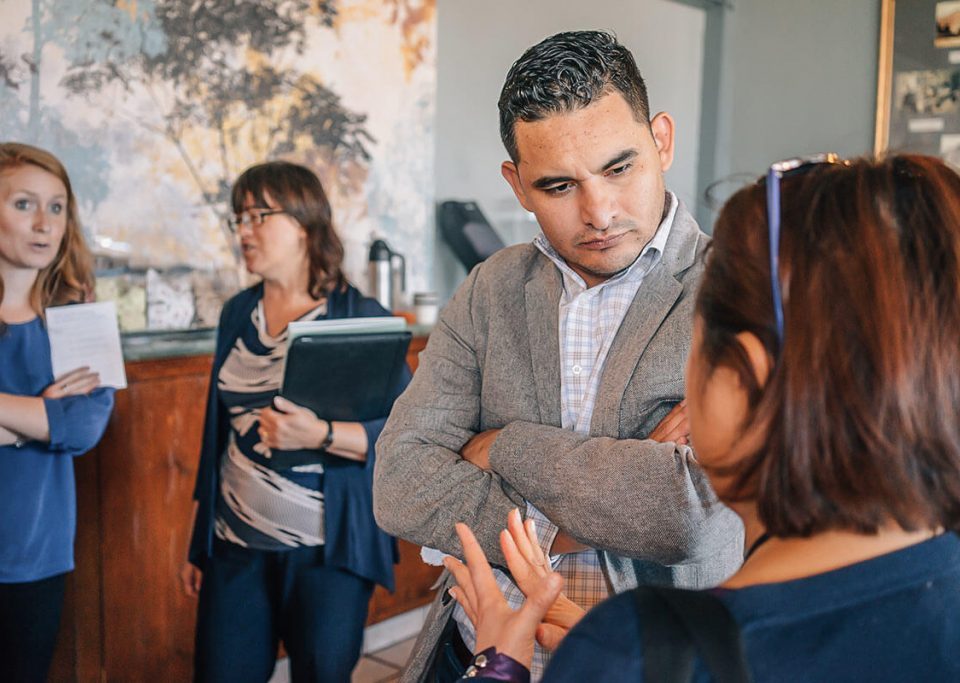9 Ways to Make LinkedIn Work for Your Job Search
Don’t let your LinkedIn account sit idle. Establish a presence that gets you noticed.
LinkedIn has exploded in popularity since its inception in 2002 and it’s more important now than ever to use the medium to your full advantage. In fact, a study by pioneerresumes.com found that 87 percent of recruiters use LinkedIn to find and evaluate candidates. The right LinkedIn profile can help take your job search to the next level. Below are some useful, practical tips for making your LinkedIn profile work for your job search.
LinkedIn Tip #1: Turn your headline into something great
The headline is the section listed under your name in your profile. The default headline is your current position as a student or professional. You can make your headline stand out to recruiters by incorporating keywords that highlight your relevant professional skills. Avoid soft skills and focus on field-specific, concrete words that best encapsulate you as a professional. From there, choose aesthetically-pleasing spacers to divide the terms (i.e. “|,” “●,” “★,” or “♦”) so you’re left with a LinkedIn headline that is visually pleasing, engaging, and practical.
LinkedIn Tip #2: Customize your public profile link
LinkedIn offers you a default URL for your public profile, but it’s often long and pre-populated with random numbers and letters that, when included with other contact information on a resume, does not make for a pleasing aesthetic. I recommend customizing your URL to include your full name or a combination of your name and profession so it looks congruent with your other resume contact information. For example, something like linkedin.com/in/johnjames or linkedin.com/in/JohnJamesMBA.
LinkedIn Tip #3: Use a clear and professional-looking headshot
This should be a given, but in looking at the profiles of my connections on LinkedIn, I see many pictures that are more appropriate for a social media network like Facebook that only your close friends and family can access. Your photo should be a professional headshot or, if that isn’t available, a clear photo from the shoulder up that allows you to be easily identified by employers who may want to peruse your profile post-interview. Click on the following link for more tips on how to choose an appropriate profile picture.
LinkedIn Tip #4: Tell a consistent story
Make sure the information in your profile aligns with the information contained within your resume. This will help tell a consistent story when a hiring manager conducts a social media check. The timelines, employer names, job descriptions, core competencies, and the like should all serve to further emphasize the information contained within your resume, cover letter, and other application materials.

LinkedIn Tip #5: Elaborate on your career story
Expand upon what’s already in your resume and cover letter. Usually, applicants are advised to use a resume that is no longer than two pages and a one-page cover letter. LinkedIn allows you to expand upon the information in your resume, meaning you can offer more information to employers and market yourself at a higher level. For instance, you can highlight notable achievements in all of the following LinkedIn categories: Projects, Publications, Certifications, Volunteering Opportunities, and Patents. There’s also an option to include Interests and Personal Details, but I caution you to remain professional even in listing these. You can be honest without over-sharing; for example, indicate that you enjoy reading and yoga, but omit your love for binge-watching “The Office.”
LinkedIn Tip #6: Become an active member of LinkedIn groups
Join groups and follow organizations that are relevant to you and what you do. Follow the pages of your alma mater to stay informed of happenings and network with fellow graduates. Also, link yourself to the pages of both current and former employers so that you show support for your current company, but also stay connected with places you contributed to in the past, as well as the individuals that shared in your experiences at those places. In addition, you can search for groups made up of other like-minded individuals with similar educational or professional backgrounds. There are groups for accountants, educators, writers, medical providers … and many more!
LinkedIn Tip #7: Demonstrate your thought leadership
That’s right, you can use the “Post” category to write articles on LinkedIn that are pertinent to your area(s) of expertise. This is a great avenue for folks that haven’t published elsewhere and want the experience. If you are a member of any groups and subscribe to daily or weekly group email updates (which I recommend), you’ll find that many of your fellow group members post articles pertinent to your field specifically, to job searching, and to other areas of interest. This is a great way to add onto your qualifications, as well as learn from others through reading what they publish.
LinkedIn Tip #8: Network, network, network
Perhaps the essence of this social media platform is its ability to connect its users with other professionals. What sets LinkedIn apart from every other social media platform is its business nature. Use this to your advantage. Connect with old colleagues you may not feel comfortable friending on Facebook but had good working relations with and may want to use in the future as a point of reference or even as a professional reference in a job search. You should also use it to connect with current co-workers, former classmates from your graduating cohort, etc. To sum up, get out there and connect!
LinkedIn Tip #9: Search for jobs
This tool is a great resource for finding new roles. In fact, with your LinkedIn account, you can receive email alerts for new jobs posted on the network that match your general search criteria or that are recommended to you from the Jobs You May Be Interested In feature. Click on the following link for more information on setting up LinkedIn Job Alerts.
Click here for more information.




